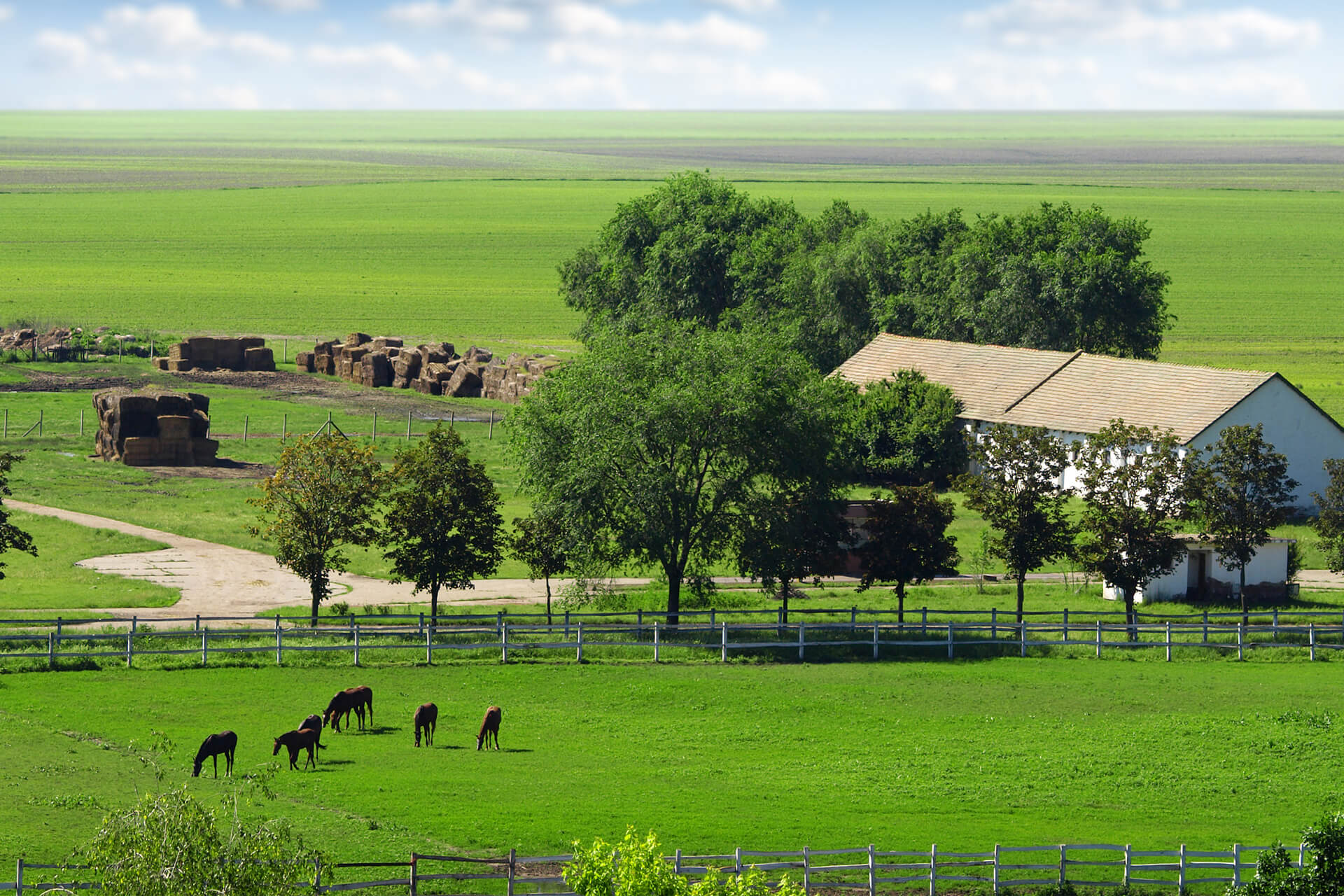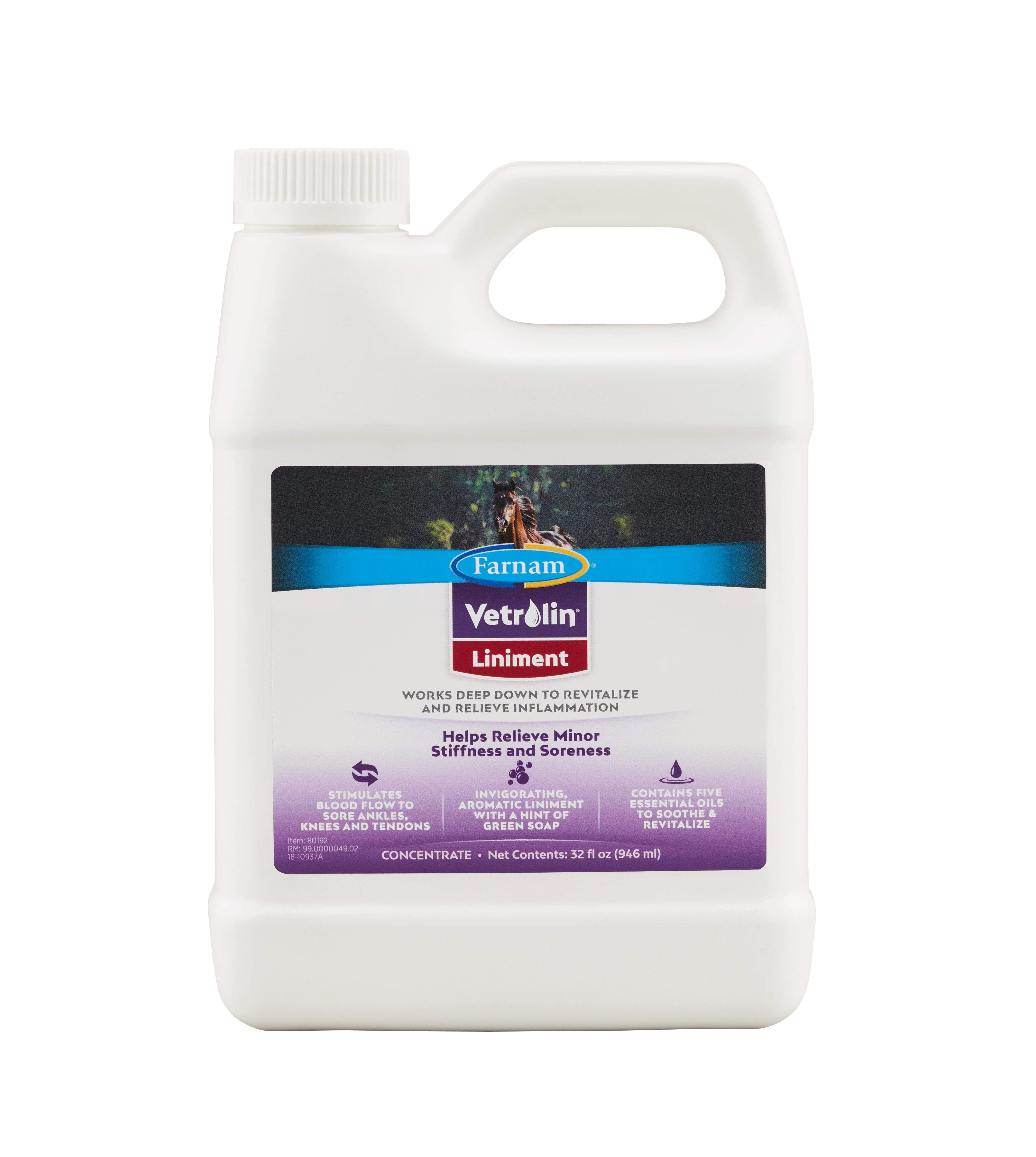Manure Management: Learn How to Deal with Horse Manure

There's no denying it. If you have horses, you have manure. The average horse produces about 50 pounds of manure a day, amounting to approximately nine tons per year. Smart horse manure management is a cornerstone of fly control and also helps protect the environment.
When it comes to manure management, the biggest mistake horse owners make is not actually managing it, but just letting manure pile up on their property. Not only is this unsightly and odorous, but it provides prime breeding ground for flies and can contaminate ground and surface water. It may even be illegal.
"There are regulations in almost every area that don't allow stockpiling of manure and stall waste," says Alayne Blickle, creator/director of Horses for Clean Water, an internationally-acclaimed environmental education program for horse owners.
Best approaches to managing manure:
- Compost it on site
- Have it hauled away regularly
What you DON'T want to do with manure:
- Stockpile it on your property
- Haul it to a "regular" landfill
- Spread it on your fields where horses can be re-exposed to parasites in that manure
Composting
"One of the best options is to turn manure and organic material into a valuable soil amendment by composting it, which is practical even if you have just one horse," notes Blickle, who adds that properly managing manure means you'll have less mud in winter and fewer flies in summer.
Composting your stall waste reduces the volume by almost half. You can build or purchase a composting bin to keep the manure/waste in place. Heat generated by the composting process kills parasite larvae and eggs, weed seeds and disease-causing bacteria. And don't worry, a properly managed compost pile or bin smells "earthy," rather than noxious, and doesn't attract flies.
To learn how to properly compost your horse's manure, contact your county extension office or conservation office, which provide educational material free of charge. Just Google your county name and the words "conservation district" or "extension office."
Manure Removal Services
Google "horse manure removal near me" to find options in your area. You can also check with local garbage and shavings supply companies, as some offer services to pick up and haul manure for a fee. The typical way manure removal services operate is the company leaves a large bin near the barn in a convenient area where you can dump manure and stall waste each day. On a schedule, the company comes to pick up the material, which is generally hauled to a composting or topsoil business.
Manure Handling Don'ts
Stockpiling manure on your property creates a fly breeding site that is unsightly, stinky, and loaded with bacteria. It also may allow runoff, leaching and contamination of groundwater and water bodies. Flies seek out moist organic material to feed and lay their eggs in, and the larvae also use manure as a food source. Removing the manure pile interrupts the fly life cycle, resulting in fewer flies.
As Blickle notes, "We need to think of manure as a valuable resource that is actually a secondary benefit of having livestock.".
Landfill disposal is a no-no, unless it is a "sanitary landfill," which has impermeable liners to prevent leaching/runoff of contaminants to avoid pollution of groundwater and other environmental concerns.
Spreading manure where you turn out horses can expose them to parasites in that manure. You should also rethink dragging pastures for the same reason. Horses naturally avoid grazing in the areas where they defecate. When you drag (harrow) pastures to break up manure piles, you're spreading infective larvae over areas where horses graze, which can actually help parasites proliferate. If you must drag, only do so during hot, dry weather and keep horses off the field for at least two weeks, preferably four.
Valuable Resource
Your horse may be a poop machine, but by changing your approach, you can use that manure to your advantage. As Blickle notes, "We need to think of manure as a valuable resource that is actually a secondary benefit of having livestock."
While we're on the topic of manure, cleaning your horse's stall can actually give you clues about his health if you know what to look for. A change in the quantity of manure, as well as appearance and consistency, are signs worth noticing. Different manure characteristics may signal specific health issues.
Manure Management Tip #1 - Reduce Flies
Properly managing manure through removal or composting
helps control flies by eliminating a prime breeding site. You can take further steps to limit the fly population by using feed-thru fly control, like Farnam's SimpliFly, which breaks the fly life cycle by preventing larvae from developing into mature adults. Start using SimpliFly early in spring and continue throughout summer and until cold weather restricts fly activity.
Manure Management Tip #2 - Rethink Pasture Dragging
Horses naturally avoid grazing in the areas where they defecate, but many horse owners drag their pastures to break up and spread out the manure piles. While this may make the pasture look prettier, it can actually help parasites proliferate, because it spreads infective larvae over areas where horses do graze. If you are determined to drag the pasture, do so during hot, dry weather and then keep horses off the field for at least two weeks, preferably four. Don’t drag during cool or wet seasons.
Life with Horses Newsletter
Sign up now to stay connected with free helpful horse care tips, product updates, and special offers.
Featured Products
Related Articles
Feed-Through Fly Control: A Practical Tool in the Fight Against Flies
A feed-through horse fly control product such as Farnam's SimpliFly is a great first step when it comes to fighting flies. This unique product breaks the fly life cycle by stopping them before they even start! Read on to learn why and how you should add a feed-through product to your fly control program.






